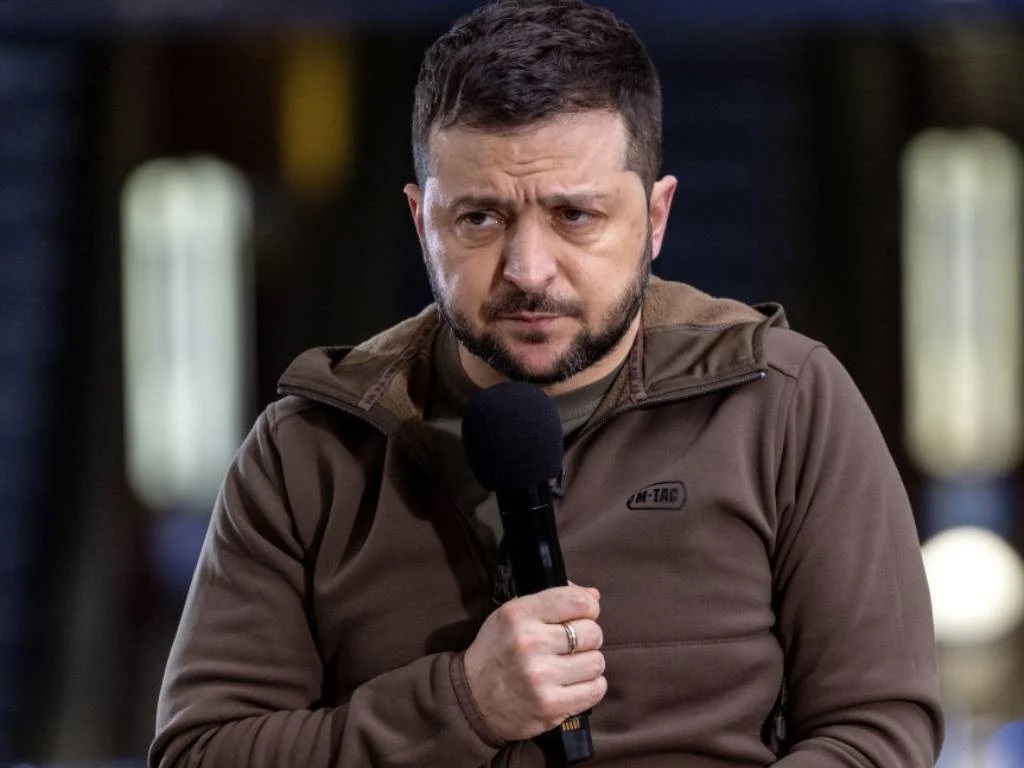
-
Related Articles
-
KING CHARLES III TO RESUME PUBLIC DUTIES AFTER CANCER TREATMENT
Photo Credit: Getty Images Buckingham Palace made a significant announcement on Friday, April...
-
VENICE STARTS CHARGING DAY TRIPPERS
Photo Credit: Getty Images In November 2023, authorities in Venice came up with a pilot program...
-
VLADIMIR PUTIN: ACOMPLEX FIGURE IN MODERN POLITICS
Photo Credit: Getty Images Rise to Power: Vladimir Putin's journey to the presidency is a...
-
DUST STORM TURNS GREECE ORANGE
Photo Credit:Getty Images Southern Greece has been engulfed in an orange haze due to clouds of...
-
TWO MEN TO BE CHARGED FOR SPYING FOR CHINA
Photo Credit: BBC A parliamentary researcher, Christopher Cash, was charged under the Official...
-
UNREAL PLACES AROUND THE WORLD
Photo Credit: Our planet is home to some truly extraordinary places that seem almost otherworldly in their...
-
FINDING COMFORT AND JOY IN THE DANISH LIFESTYLE
Photo Credit: In recent years, the Danish concept of "hygge"; has captured the imagination of...
-
SPAIN'S TOURISM REVENUE ON THE RISE IN 2024
Photo Credit: Getty Images Spain is the second most visited country in the world after France....
-
RUSSIAN VS THE UKRAINE WAR
Photo Credit: Reuters At the heart of the conflict lies the annexation of Crimea by Russia in 2014,...
-
UNDERSTANDING THE DYNAMICS OF RUSSIAN POLICS
Photo Credit: Getty At the heart of Russian politics lies the figure of the president, who wields...
-
PRINCE WILLIAM AND PRINCESS KATE OFFER GESTURE TO END PRINCE HARRY FEUD... BUT MEGHAN DELIVERS SNUB
Photo Credit: Luis Manzano Prince William and Princess Kate are doing their utmost to end the...
-
CANCER FIGHTING KING CHARLES III TAKES TIME TO WISH THE PUBLIC WELL FOR EASTER
Photo Credit: Ghetty Britain's King Charles IIIsuffered shocking news in January when he was...
-
KING CHARLES III TO RESUME PUBLIC DUTIES AFTER CANCER TREATMENT






















